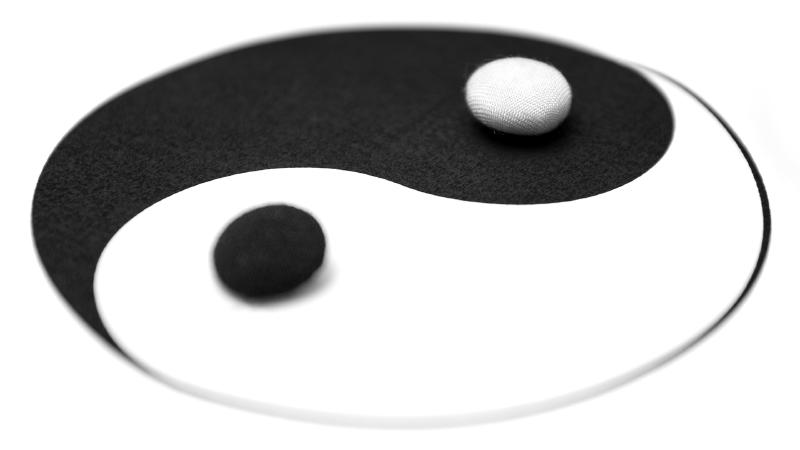Recently I started thinking about the alleged divide between “storygames” and “roleplaying games”—especially how it relates to the pushback when they don’t fit the same mold as D&D.
The whole “storygame” label, at least currently (there have been storytelling games for a long time), has a fraught history. It arose out of attitudes regarding what qualifies as an “RPG”, particularly games that blur the lines between “roleplaying” and “game” in novel ways—if not demolish them completely. Common changes made to the ‘ol RPG formula are having players take on more than one character or role; the game having an explicit end state; using cards, Jenga blocks, or lit candles instead of dice; not having a GM; not having expected subsystems like combat; or mechanizing character interactions like outcomes of social interactions or emotional states.1
These elements cause gatekeepers discomfort. RPGs are assumed to have a narrow set of defining characteristics; these other games lack one or more and thus are not RPGs. They are storygames. This allows the gate to be shut on the RPG hillfort so they can rest easy knowing those other games aren’t RPGs. But it seldom stops there, and more often than not they feel compelled to tell people they aren’t playing RPGs “right” as loudly as they can.2
A disturbing number are at least right-leaning, if not straight out alt-right. Words likes “woke” and “SJW” get thrown around. Liberal game designers are out to ruin RPGs by subverting, feminizing, diluting, corrupting, turning the hobby gay, etc.3 It’s not an accident that many so-called storygames are produced by women, LGBTQ+, PoC, and other marginalized designers. It’s also no accident that these people defend the most harmful gaming practices, such as encouraging adversarial GMing and reinforcing power imbalances at the table. Things like safety tools, diversity, and inclusion “ruin” RPGs for these people and they will squeal loudly about it. Some take it further, adopting tactics like creating lists of “woke” companies, doxxing, and cyberstalking. They turn their gatekeeping and pushback into actual threats.
So while the actual difference between RPGs and storygames is tautological—roleplaying games are storygames and vice versa—there’s power in the storygame label. It’s a crucifix against bigots, racists, and bullies. It’s a way to reclaim power from the gatekeepers.
To wrap up, here is an excellent post for anybody interested in some of the history behind the storygame label. But that is only part of it, as it doesn’t discuss the long history of enmities on different forums and social media, or the harassment campaigns that have taken place. That’s too much to recount in one blog post, considering it’s lasted decades. Also, this post gives a pretty good breakdown (much of which I agree with) of what might make a storygame, a storygame.4
"Yin and yang" by places_lost is licensed under CC BY 2.0
.
-
“Rollplay vs roleplay” is so etched into most traditional gamer’s consciousness that doing anything other than have the player act out social interactions or solving puzzles, and basing the outcome on their performance, is rollplaying and therefore bad. But rolling a bunch of dice during combat is fine. ↩︎
-
I realize that the same can be said of those promoting more “storygame” viewpoints. However, given how traditionally loud the volume of the “trad” gamers is, I’m willing to cut anybody pushing back against the dominant practices a generous amount of slack. If you don’t have as big of a voice, you need to be louder to be heard. ↩︎
-
I could point to where these exact words have been used, but I won’t. ↩︎
-
Or a storygame an RPG, or whatever you want. I’m not the boss of you. ↩︎
